Lesson 2: Clean rivers return to the sea, the sea neutralizes the river
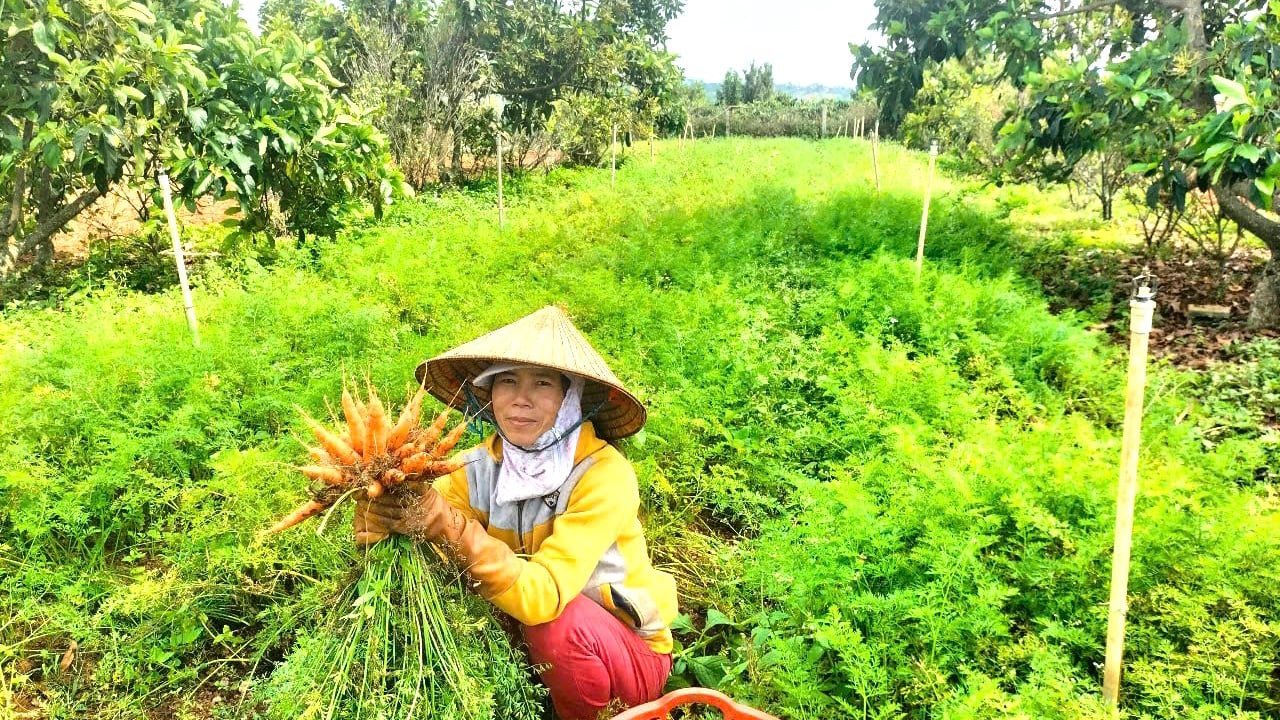 |
| Lush green vegetable garden on organic soil and year-round clean groundwater in Tan Ha commune, Lam Ha district |
• SAFE RIVER WATER INFILTRATES AND FLOWS DOWN TO THE SEA
In Dan Phuong 1 village, Tan Ha commune, Lam Ha district, in May 2025, when the dry season began, farmer Nguyen Van Huy began converting 4,000 m2 of outdoor leafy vegetable growing area to growing fruit and vegetables in greenhouses using organic microbial solutions. The process is "specialized" in a closed loop, following the stages of soil loosening, fertilizing, bed making, sowing, care, and automatic watering to save water. Reporters were present at the "scene" when there were about 10 days left to start sowing, the garden owner said that he had applied 10 tons of organic microbial nutrients including waste from barns, crop by-products from cultivated gardens in Lam Ha district, and many animal and plant essences from the sea. In the roofed area of about 100 m2 , a large amount of organic microbial nutrients is being harvested. Garden owner Nguyen Van Huy guides reporters to identify patches of white spots covering the surface, proving that the nutrients have reached maturity for "food" for crops. Mr. Huy said: "To convert waste and agricultural by-products into pure organic microbial nutrients for plant growth, we used to use probiotics bought at agricultural supply stores for 60-70 days. Now, using native probiotics processed in Lam Ha district, this time only lasts a maximum of 30 days...".
Mr. Huy said that more than 5 years ago, in his 25,000 m2 multi-crop garden, he arranged 2,000 m2 for livestock farming, maintaining a herd of 50 wild boars for meat and a flock of thousands of chickens. He took advantage of the on-site waste source and bought more from other livestock farmers in the Lam Ha district agricultural area to test, perfecting each series of stages of recycling finished products with probiotics to care for, increase productivity and quality of crops, and the irrigation water seeps organic nutrients into the groundwater, draining to the pond system, without containing harmful elements to the environment. And the steady benefit here is that the commercial value of organic vegetables increases by 20 - 30% for varieties such as spinach, cabbage, Chinese cabbage, lettuce, etc. At the same time, he is forecasting that organic Beef tomato plants, with a density of 2,000 plants/1,000 m2 , will bring even more profits.
• MARINE ORGANISMS NEUTRALIZE WATER SOURCES IN PONDS AND LAKES
Like farmer Nguyen Van Huy, young farmer Nguyen Tien Vinh in Minh Thanh village, Hoai Duc commune, Lam Ha district has overcome the limits and challenges of more than 2 years to effectively summarize the technique of raising hybrid wild boars with the ratio of feed "blended" with marine - forest products, recycled by-products to enrich the soil components and ensure safety for the water source, neutralizing the water source of ponds, lakes, rivers, streams flowing to the sea, creating a circulating nutrition for the year-round crop seasons, as well as wild boar breeding products, wild boar meat with comparative advantages of the agricultural area of Lam Ha district. “Starting raising hybrid wild boars from 8 breeding pigs more than 2 years ago, the result was that the herd multiplied to 50 pigs, selling dozens of breeding pigs and pigs for meat very quickly. Those who bought breeding pigs were shared with the techniques of raising them for 5-6 months and then selling the pigs for meat. The pigs gave birth to 30-40 kg, priced at 130,000-170,000 VND/kg; the pigs gave birth twice a year, each litter had about 5 pigs…”, Mr. Tien Vinh shared.
Also in Hoai Duc commune, Lam Ha district, one day in May 2025, reporters were able to walk around a clear lake with a circumference of more than 1,200 m2 in Vinh Quang village, in the middle of a 3-hectare space of diverse plants interacting in a circle of production, processing, and nurturing. Garden owner Bui Ngoc Chau (born in 1982) dropped a handful of powdered marine food into the lake, a school of dozens of catfish led by silver carp, grass carp, and tilapia, wagging their tails and swimming to the surface of the water from a depth of 7-8 m to compete for food. “This is a lake with underground water source that our farmers have renovated and enriched with functions for more than 5 years, including adding refined sea salt solution, marine protein, activated carbon, vinegar extracted from coffee husks, macadamia, rice husks in appropriate doses, creating an abundant source of oxygen in the water to help the fish grow to achieve clean and delicious meat quality, especially disinfecting and neutralizing nutrients in the water to use on-site irrigation for environmentally friendly plants...”, farmer Bui Ngoc Chau shared.
With the addition of activated carbon products through the equipment chain operating the functions of pressing, compressing pellets, burning rice husks, coffee, macadamia in the 3-hectare garden of farmer Bui Ngoc Chau, the water source of ponds and lakes for watering coffee and vegetables, short-term flowers dissolved with marine biological protein essence is always naturally disinfected before pumping for irrigation. In particular, the coffee trees maintain a balance of green coverage in the garden, farmer Bui Ngoc Chau has compiled into a "norm" of watering the roots of the trees every 2 months in the rainy season, and spraying nutrients on the leaves every 4 months in the dry season. Thanks to that, in the second crop, coffee harvested more than 4 tons of beans/1.2 ha. With the current flowering and fruiting results, Mr. Bui Ngoc Chau expects to achieve about 5.5 - 6 tons of beans/1.2 ha in the third crop...
(TO BE CONTINUED)
Source: https://baolamdong.vn/kinh-te/202505/ket-noi-bien-rung-voi-net-zero-e75684f/


![[Photo] Many young people patiently lined up under the hot sun to receive a special supplement from Nhan Dan Newspaper.](https://vphoto.vietnam.vn/thumb/1200x675/vietnam/resource/IMAGE/2025/5/18/6f19d322f9364f0ebb6fbfe9377842d3)



![[Photo] Ready for the top competitions of Vietnamese table tennis](https://vphoto.vietnam.vn/thumb/1200x675/vietnam/resource/IMAGE/2025/5/18/9c547c497c5a4ade8f98c8e7d44f5a41)
![[Photo] Party and State leaders attend the special art program "You are Ho Chi Minh"](https://vphoto.vietnam.vn/thumb/1200x675/vietnam/resource/IMAGE/2025/5/18/6895913f94fd4c51aa4564ab14c3f250)
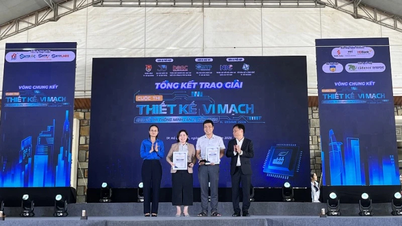

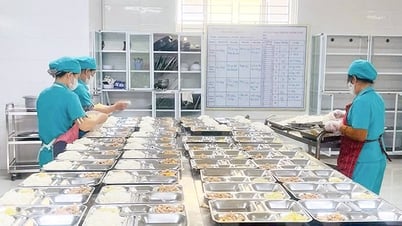

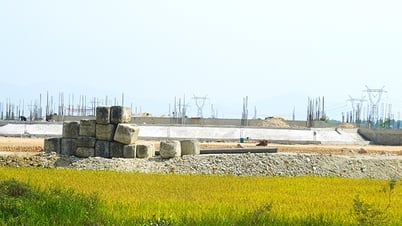
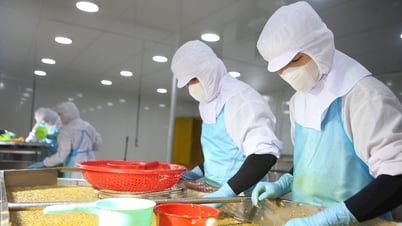

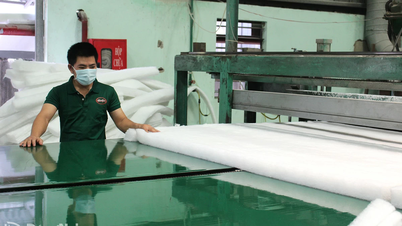

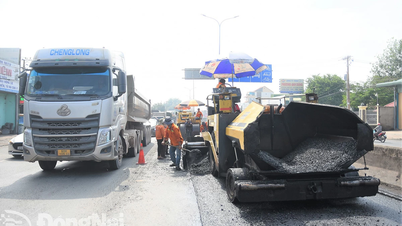




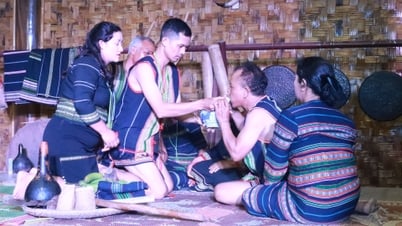
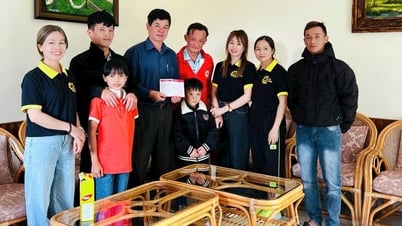
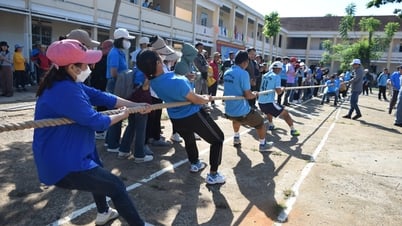
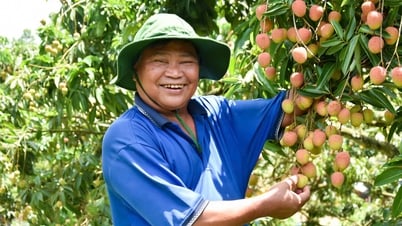
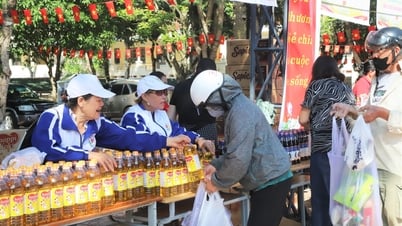
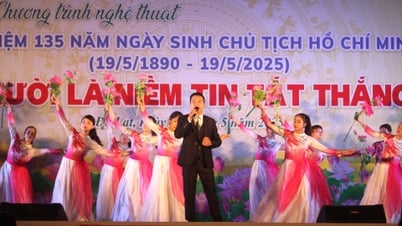






























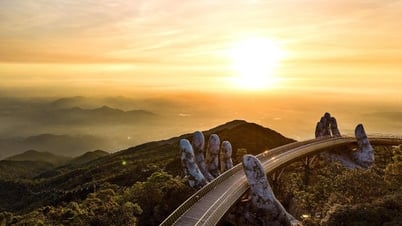

















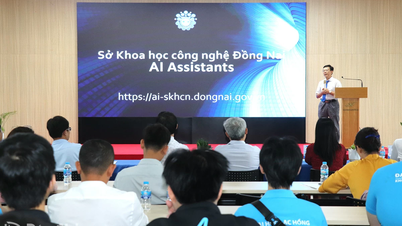
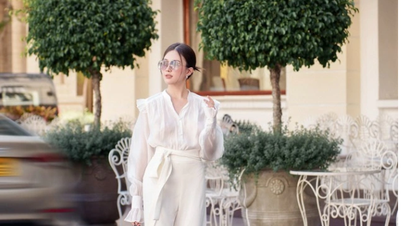

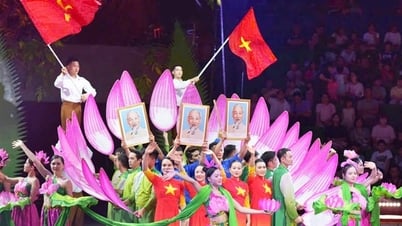










Comment (0)